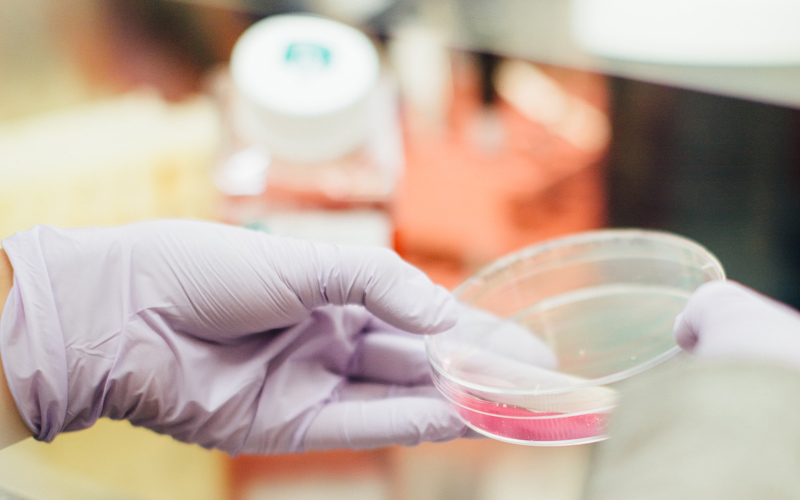Women’s Health Care Research

Women’s Health Care Research
3750 Convoy Street, Suite 311
San Diego, CA 92111

A Clinical Research Site Specializing in Women’s Health Issues
Women’s Health Care Research is a multi-disciplinary clinical research site that brings many years of experience and leadership in the research community to the San Diego area. Our research site effectively combines strategic accelerated volunteer recruitment and retention with high-quality clinical trial conduct practices. Our approach is uncompromising – each study conducted at our site is carefully planned and executed according to protocol and regulations with superior quality.
Practice Areas
- General Gynecology
- Women’s Health Care Research: Rovena Reagan MD Provides the following general gynecology services:
- Menopause: Hormone replacement, Bioidentical hormone replacement, individualized dosing to meet individual needs.
- Expert in abnormal pap smears and HPV with colposcopy
- LEEP procedures done in office
- Persistent Vaginitis
- Nonsurgical treatments for abnormal and heavy menses
- Contraception
- Fibroids-medical therapy
- Alternatives to hysterectomy
- IUD’s
- UTI’s
- Preventive care
Our History
WHC Research is a trusted partner of the M3 Wake Research network and offers more than 30 years of clinical practice, management and research experience in obstetrics, gynecology, women’s health, vaccines and other indications.
We conduct clinical research trials to advance health. There are lots of reasons to participate in a medical study. Browse and apply for a study today!
We conduct clinical research trials to advance health.
There are lots of reasons to participate in a medical study.
Browse and apply for a study today!